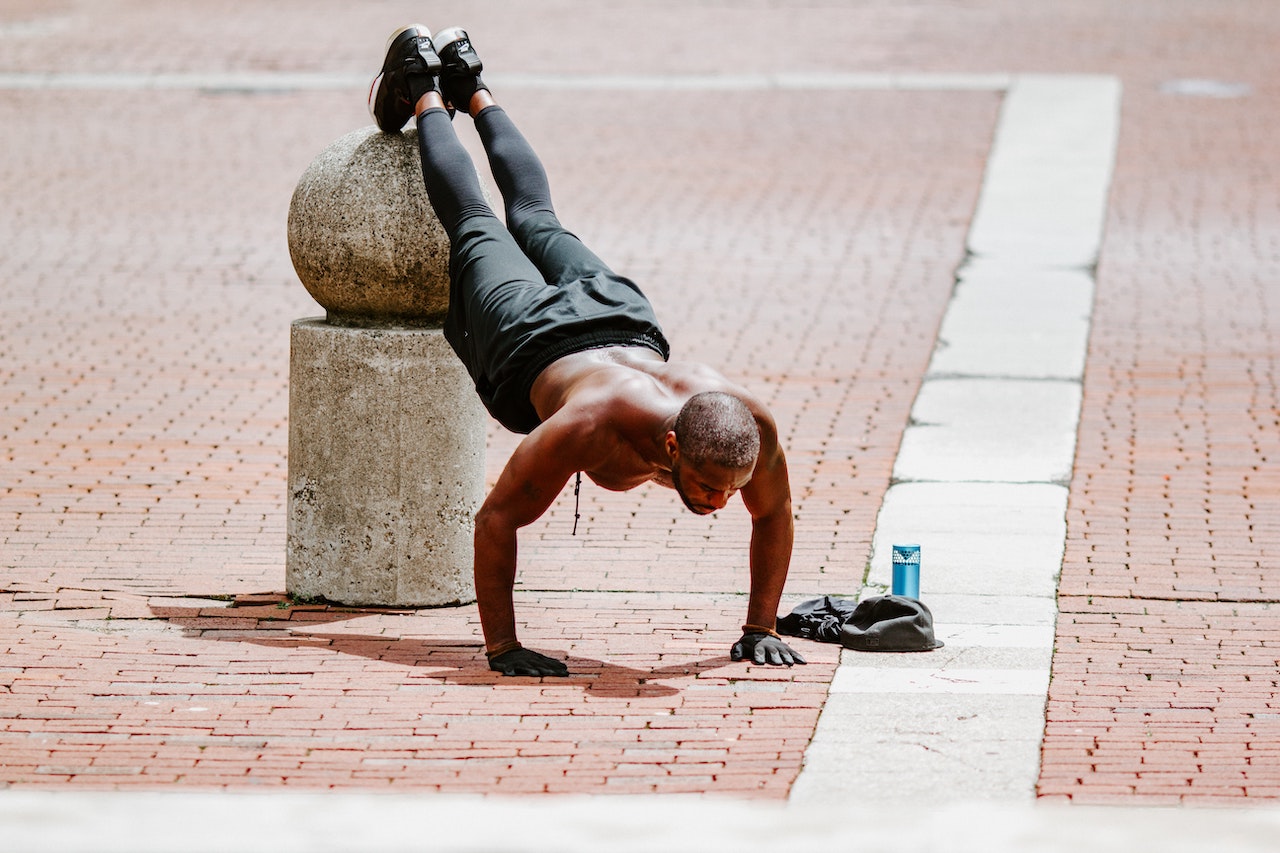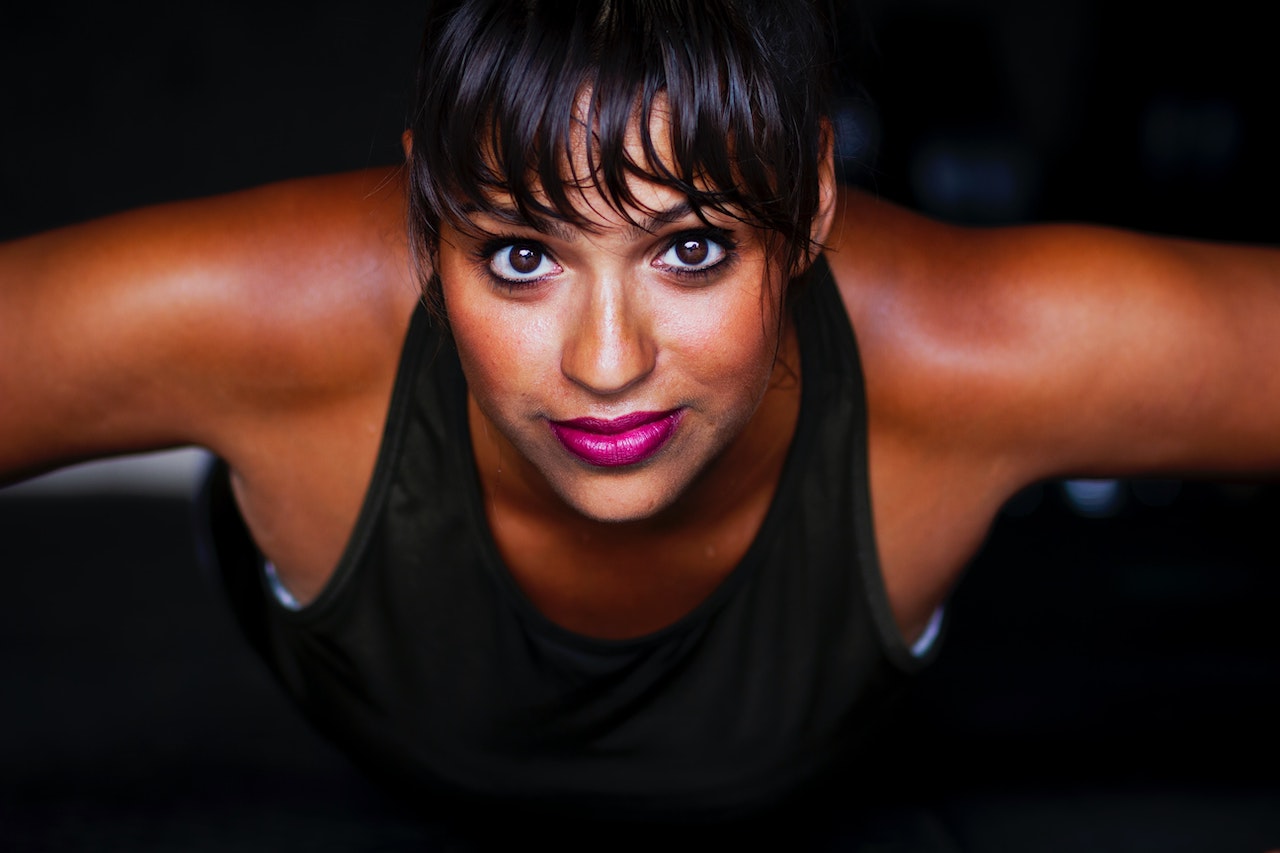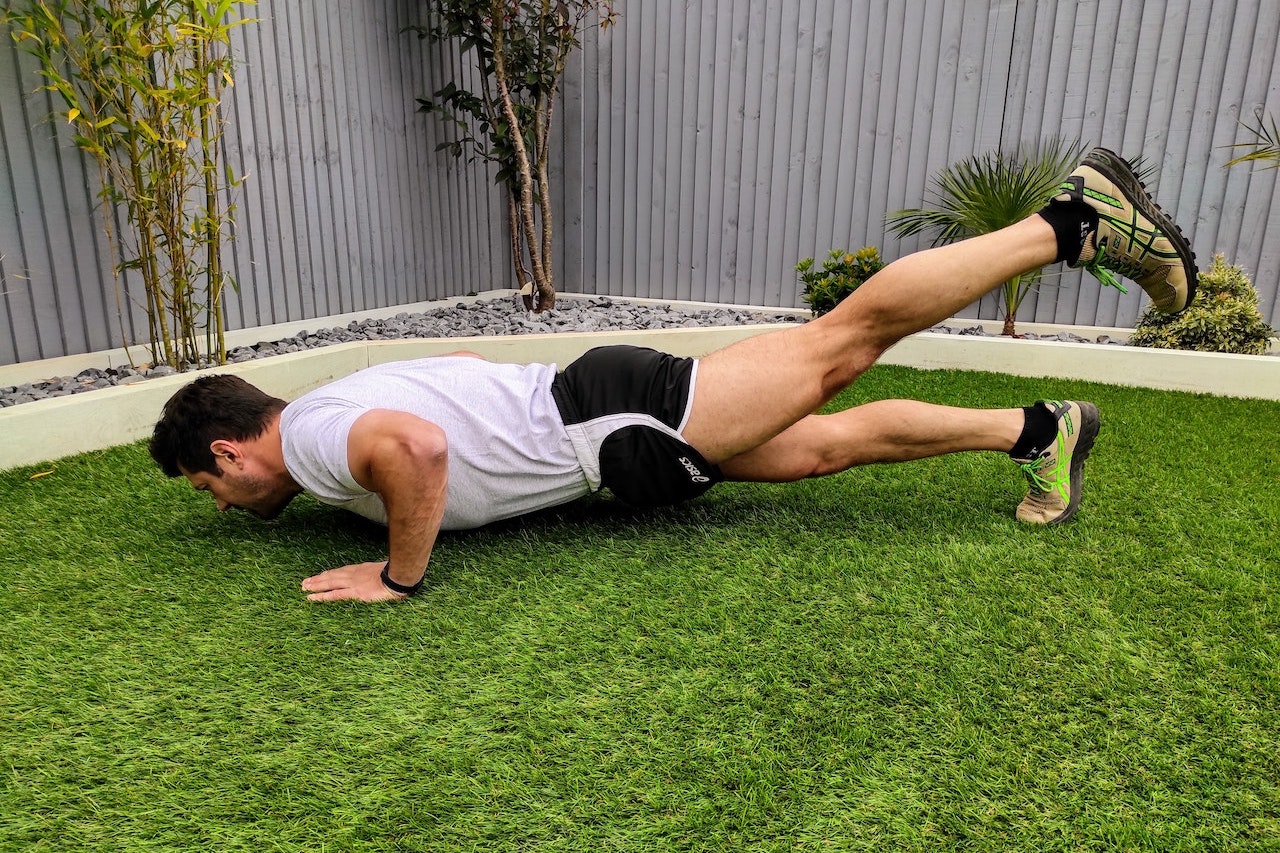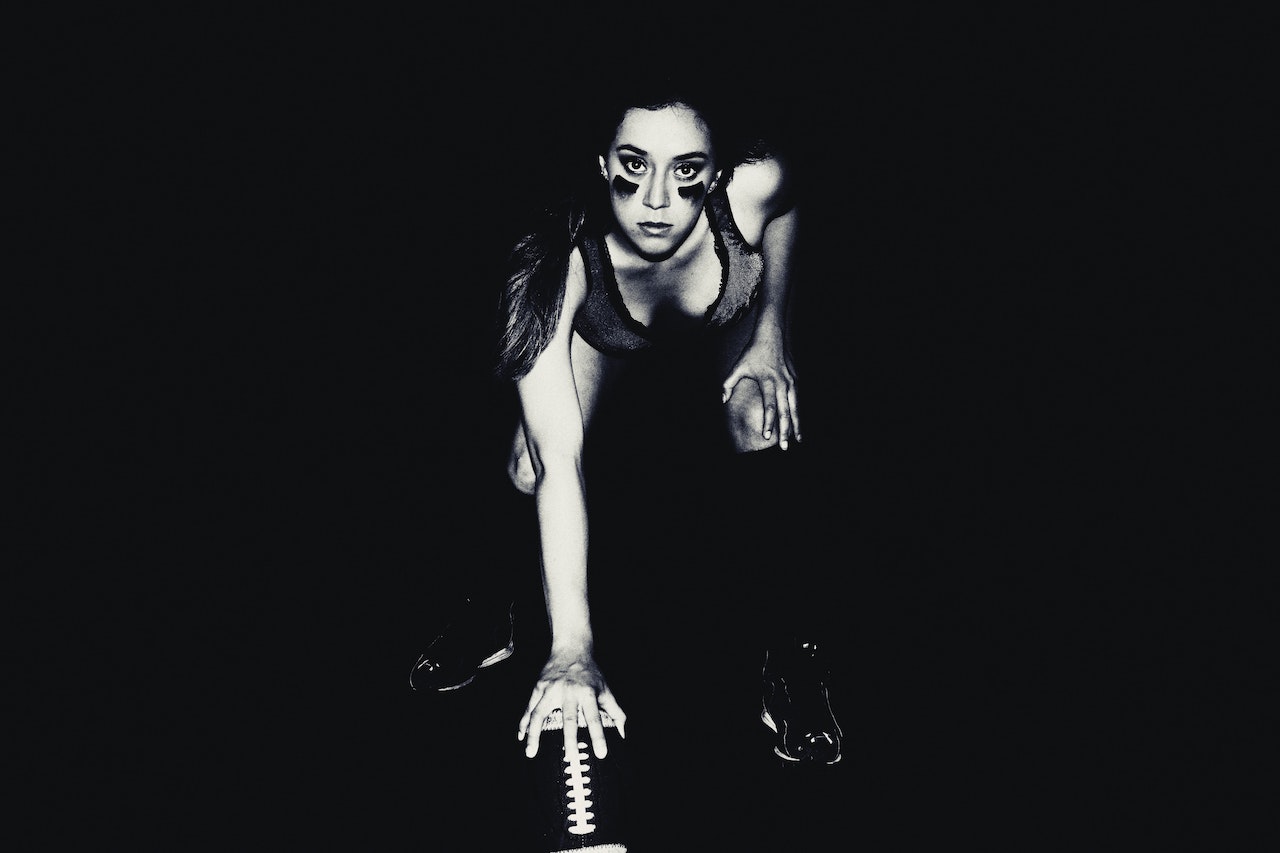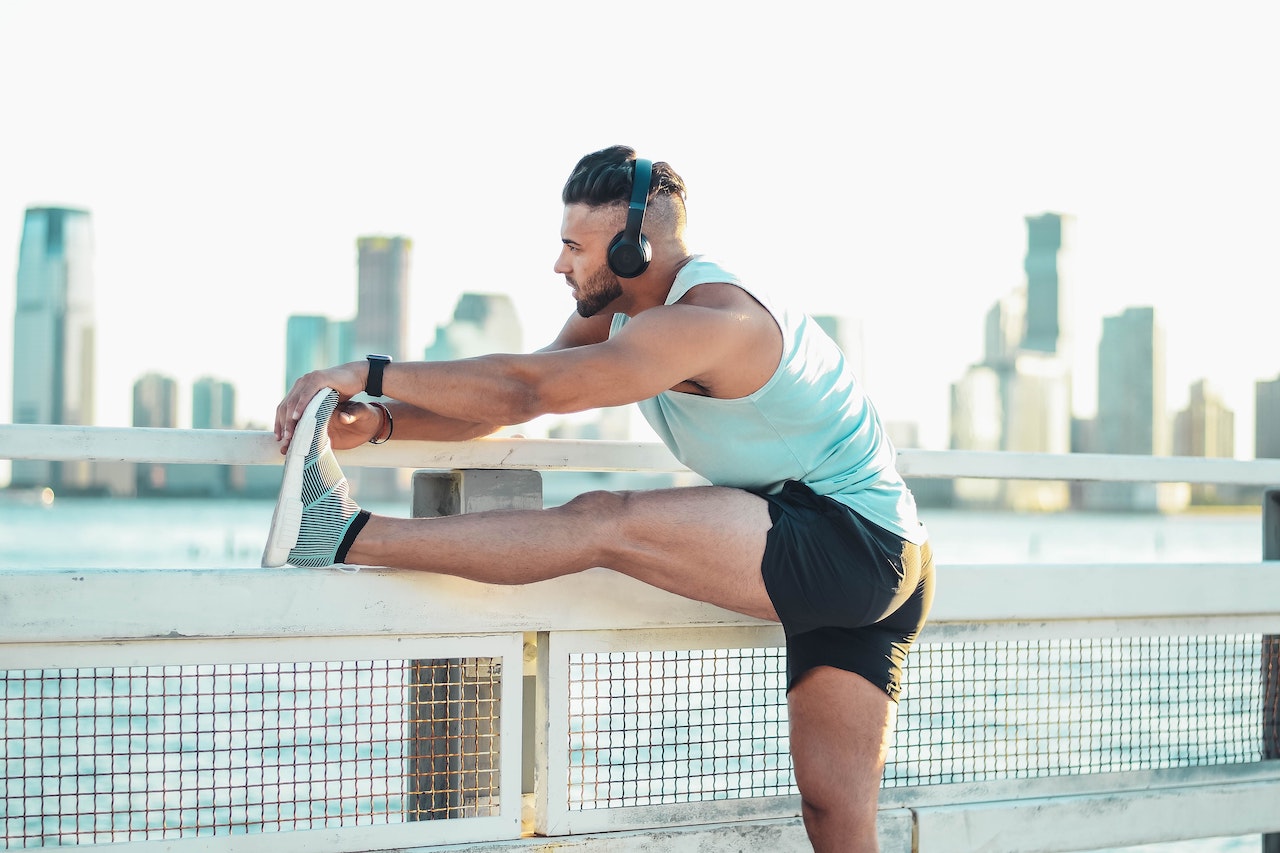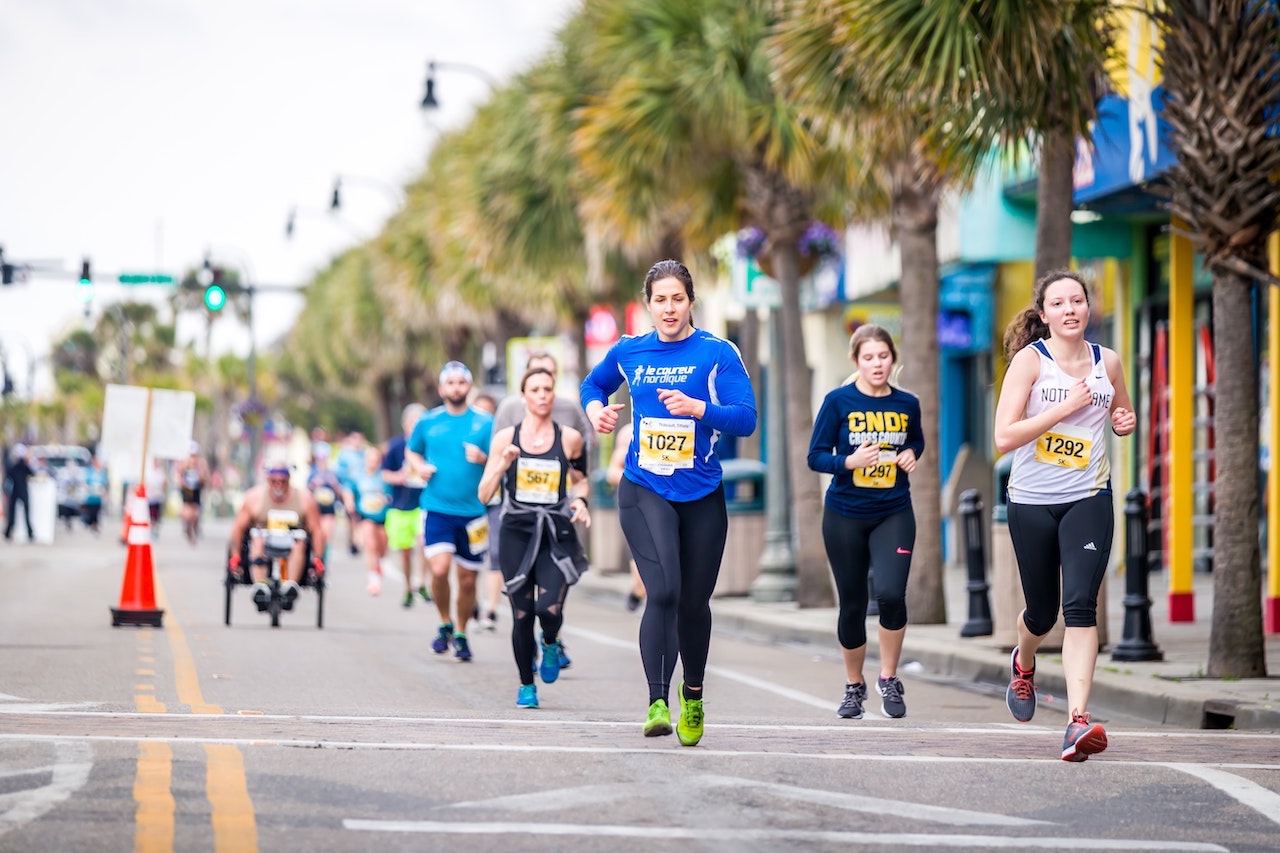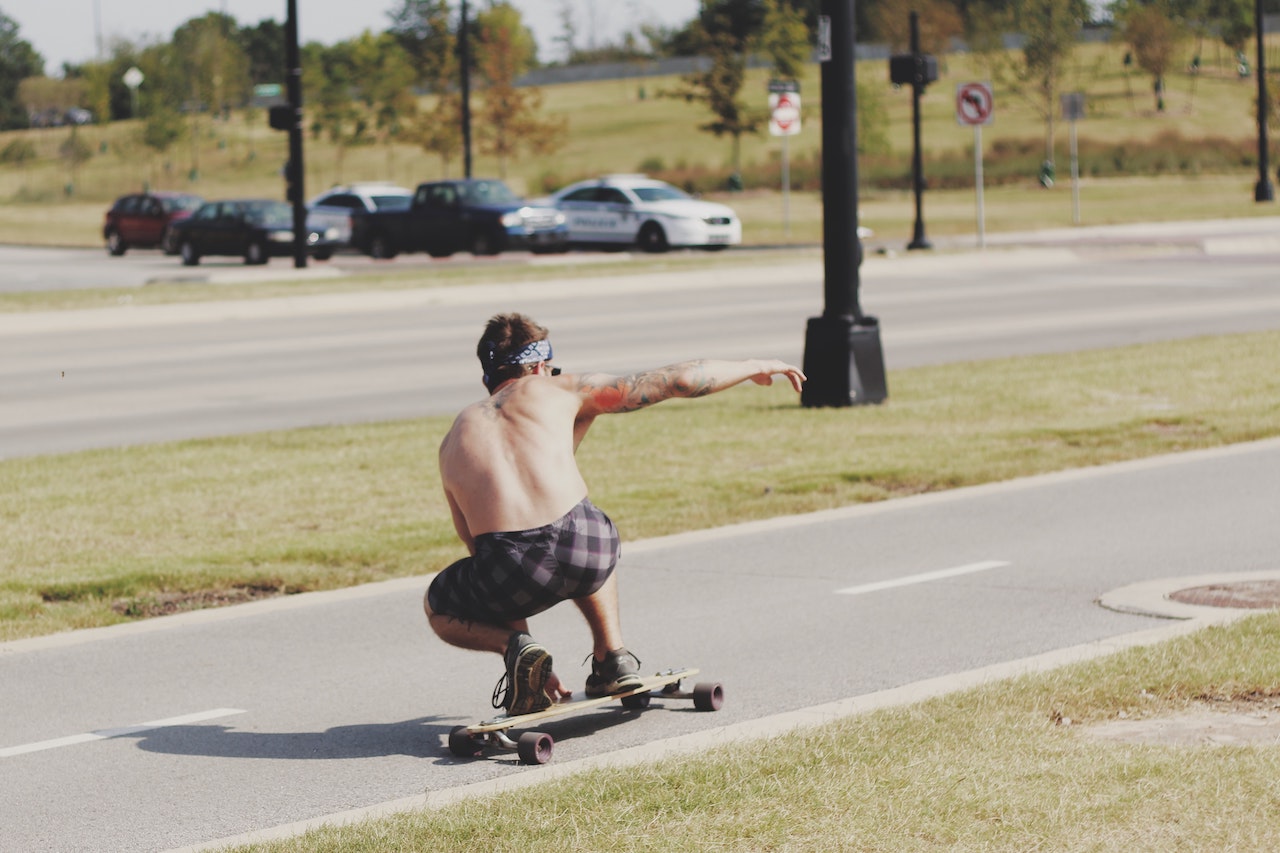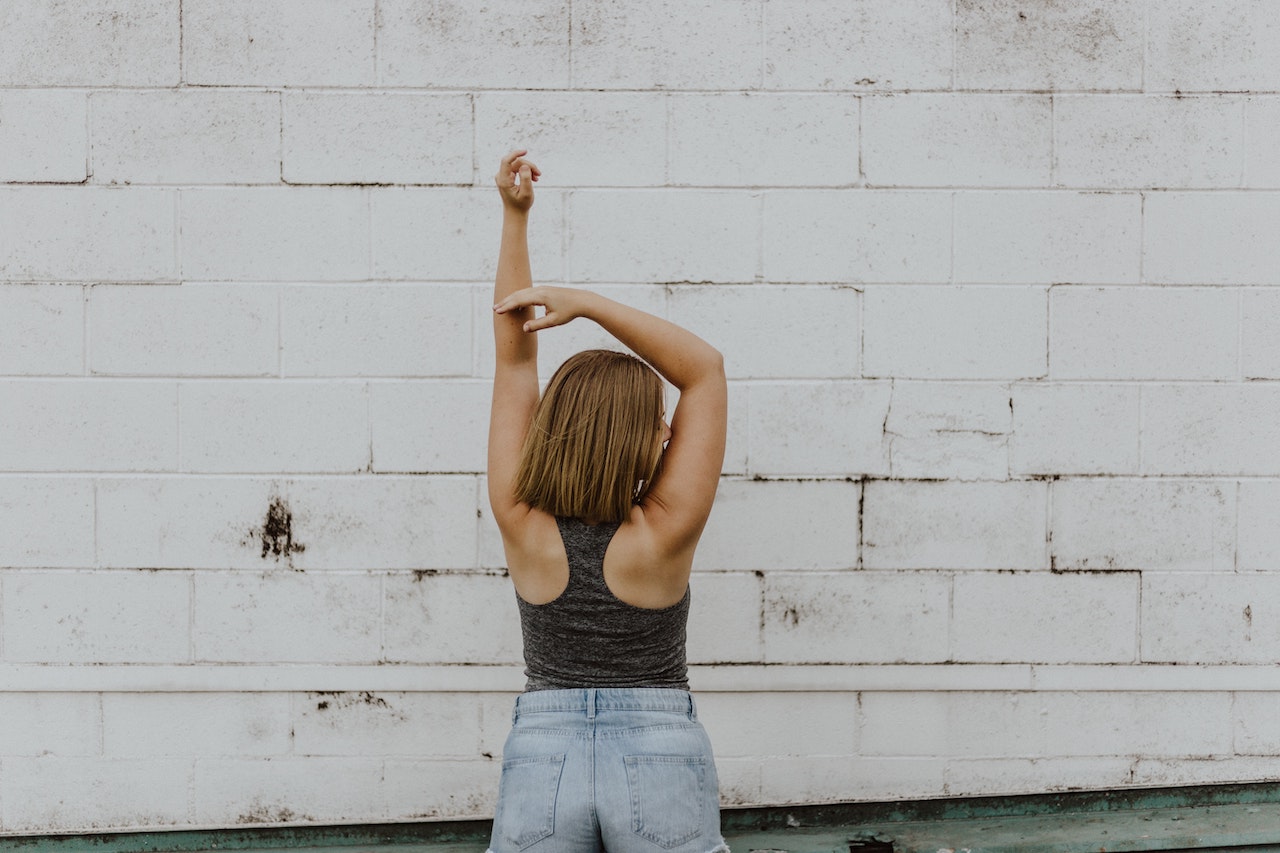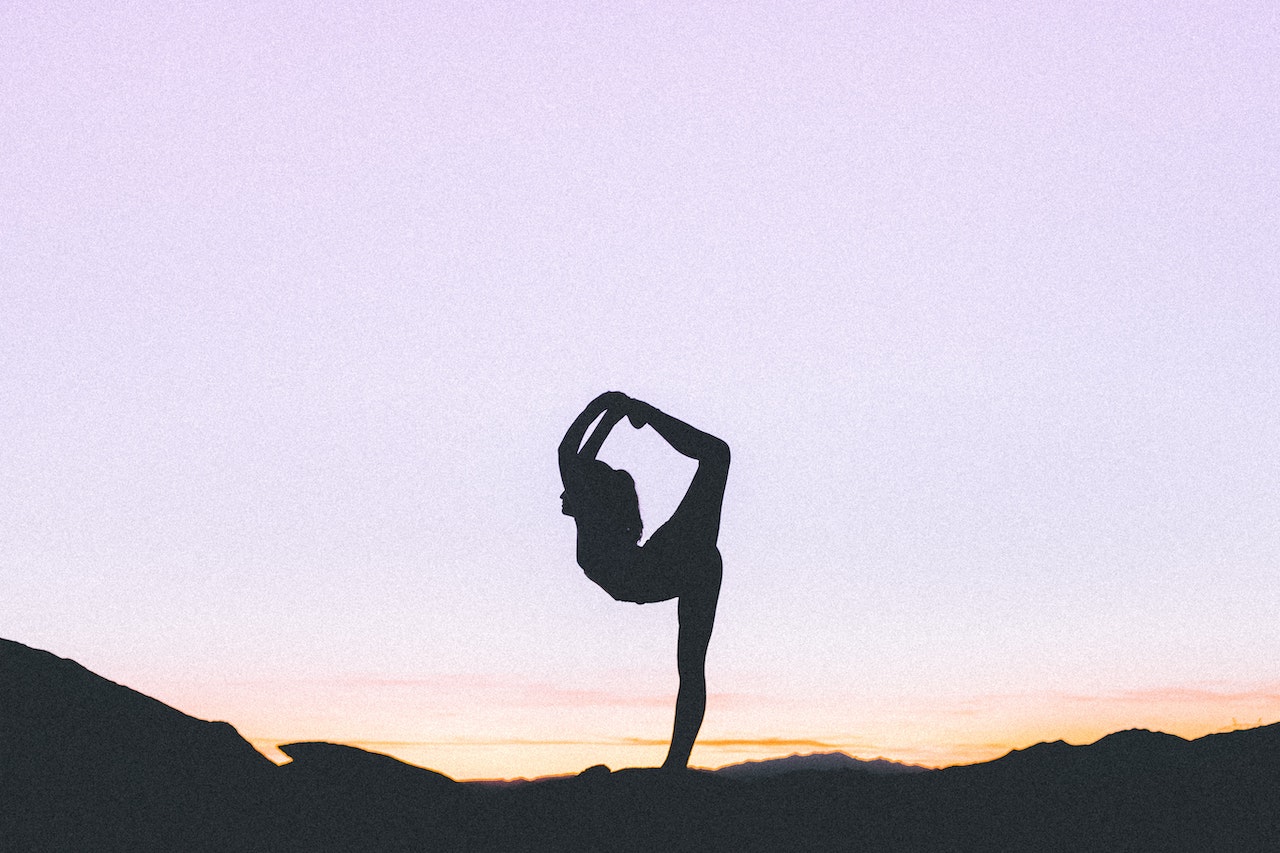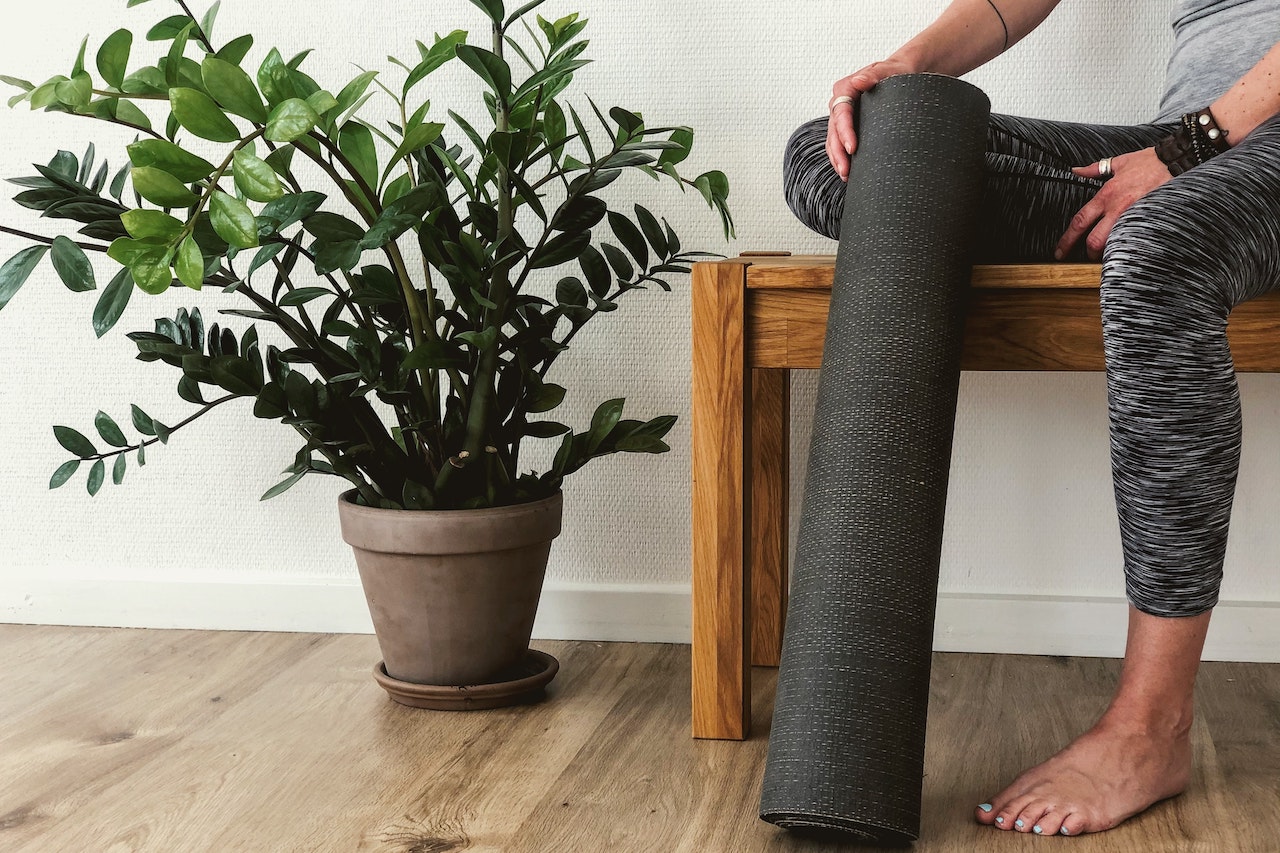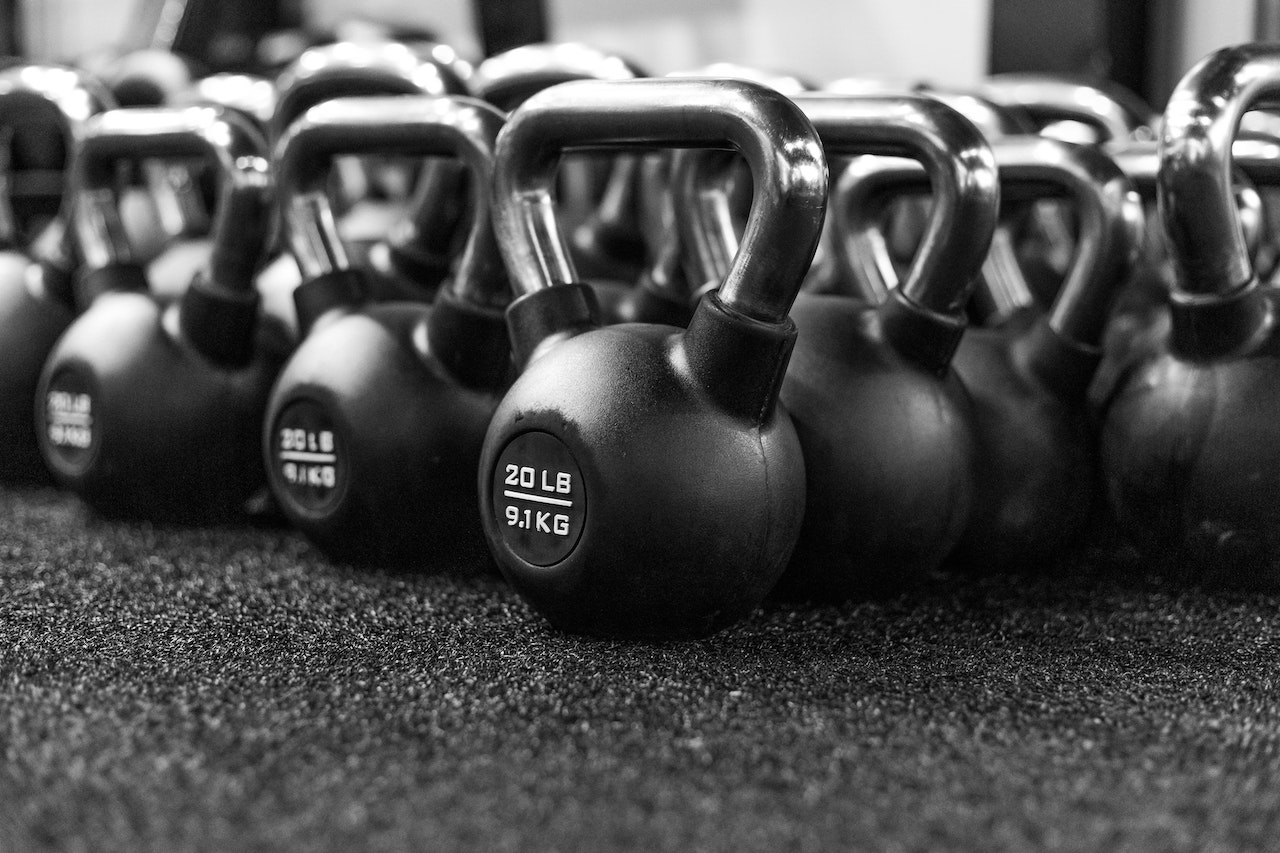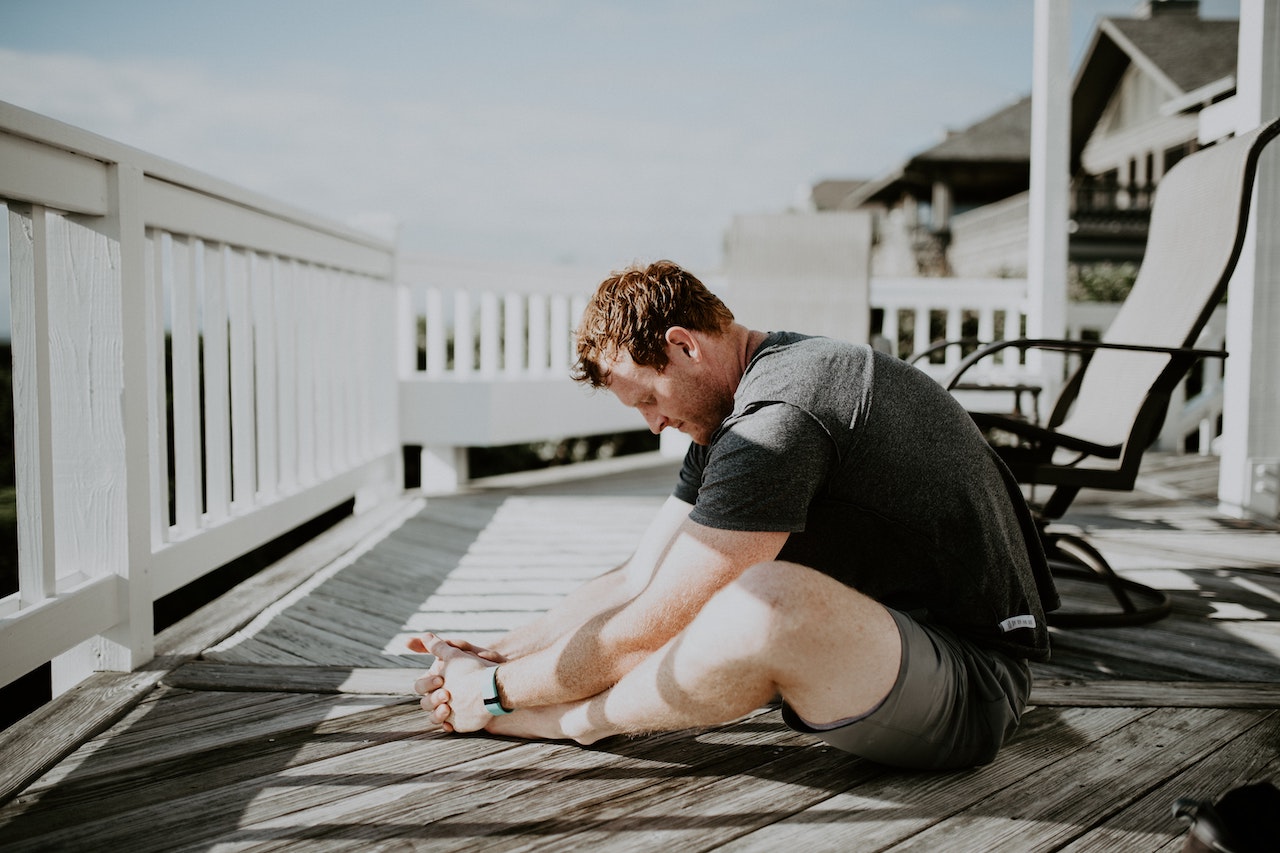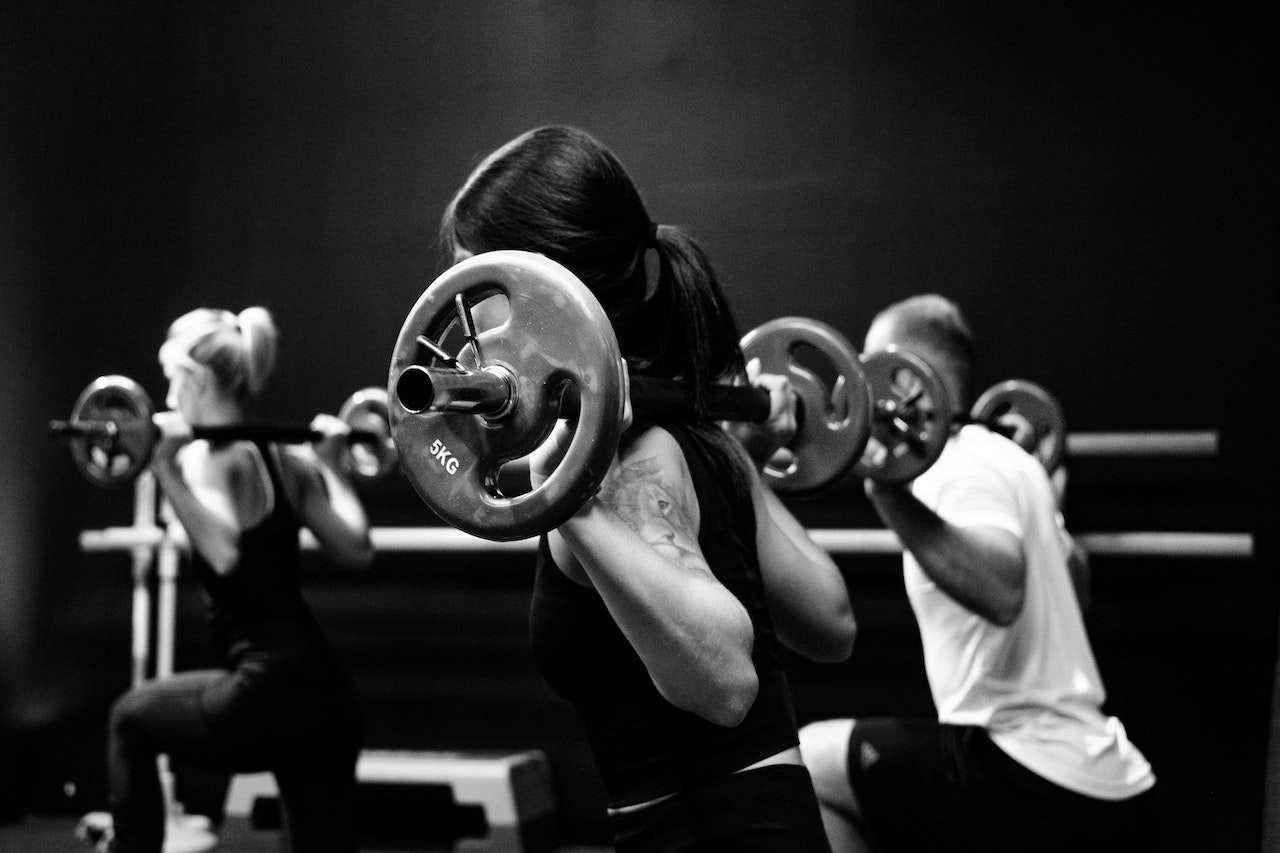it may have happened to you that you don't know what movements to do when you train. Every time the plan is mechanically repeated, boring.
Knowing how to practice with a method is called persistence, while mechanical movements without a purpose are called blindness. Especially if it's the day you get up the nerve to train your legs, it's so bad that we need to know exactly which movements are the best ones to train your legs with!
One of the best ways to train your legs is the box squat. Figure out the box squat and you could be one step ahead of everyone else!
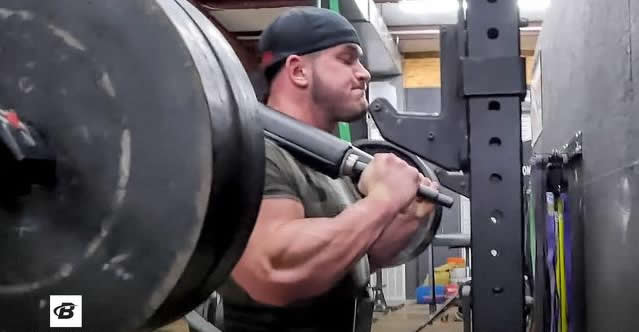
what is a box squat?
Firstly let's look at the definition of the whole movement in general. A box squat is a deep squat with a box behind it. It gives you a safe and stable stopping point, allowing you to gain more support and control without being too restrictive.
Why is it so effective?
The box squat relies on more than just the box for its own sake. Having a box behind you helps you make sure you're in control with every rep, which makes your workout twice as effective. If you really want to take your legs to the next level, then this is a move you should definitely schedule in.
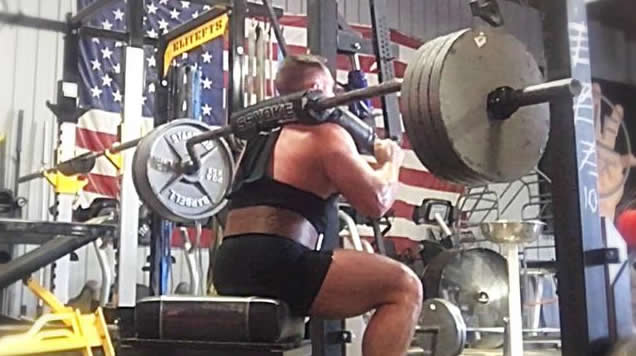
the next thing we'll talk about is the box. The height of the box varies and your technique will have to be adjusted accordingly. You can blast your weaknesses from every angle and make the deep squat your strength. And all it takes is a box to help you do this, which sounds a bit exaggerated but it does work.
Preparation for the box squat
the box squat is based on the same principles as any other squat. The only difference lies in how you use the box.
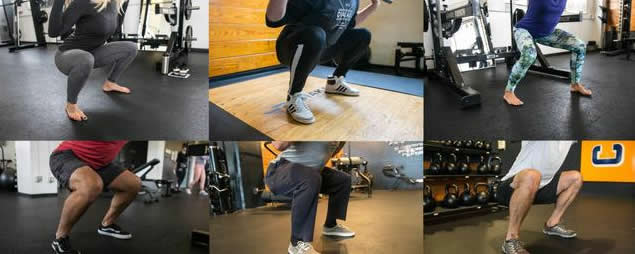
1. Wide standing spacing
make sure that the feet are wide apart, shoulder width is the benchmark for comparison, but of course do not stand too wide.
2. Position of the bar
once you have determined your standing distance you are ready to load the weights. Load the barbell piece and make sure you can carry it comfortably and safely, if you are doing a neck front squat then reduce the weight appropriately.

3. Point your toes outwards
make sure your feet are at the correct angle, with the toes facing slightly outwards, not too far outwards, at approximately 30 degrees to the midline.
Box squat technique
when you start the movement, it is advisable to use the right weight, if you don't know what you are going to do, the chances of something going wrong are still high.
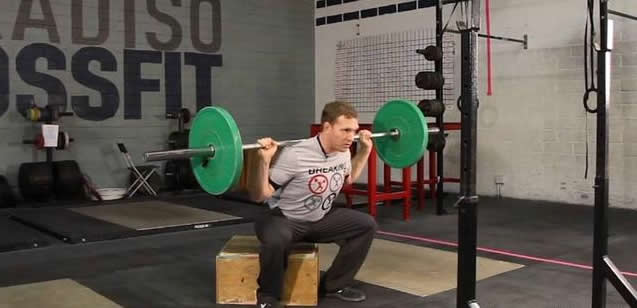
1. Keep both feet planted firmly
make sure your heels are not off the ground. This is the most common problem in the deep squat movement, especially for novices. It is a very bad point and can cause a lot of damage to the body. Always keep your feet firmly on the ground and make sure that the weight is transferred up from the ground.
2. Hips outwards
it cannot be stressed enough to keep the hips outwards throughout.
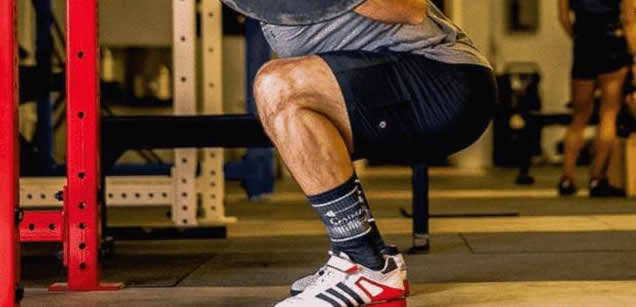
3. Chest up
during the box squat, the upper body is in the same position as the squat, making sure to keep your chest up at the same time.
4. Core tightening
to ensure continuity of movement, keep the core and abdominals tight. Tighten the core and abs between sets and do not relax. The core completes the movements that need to be done and prevents accidents.
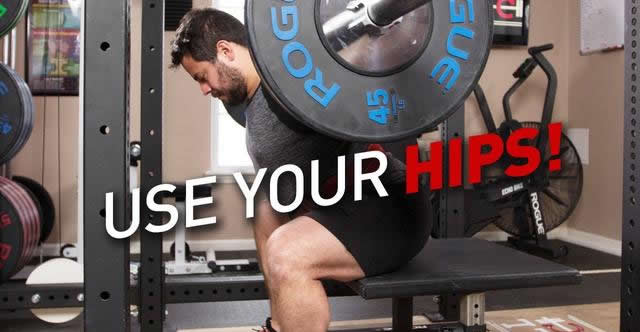
what to avoid?
As well as what you need to do, come to what not to do. Understanding the potential problems in the box squat in advance is the best way to ensure you don't get caught out.
1. Keep your back straight
the first thing to talk about is the back. Make sure that the back angle is consistent and neutral throughout the movement. Any unnecessary arching of the back will affect the rest of the body, and this should not happen. If this is neglected, the damage caused can give you a break for a while.
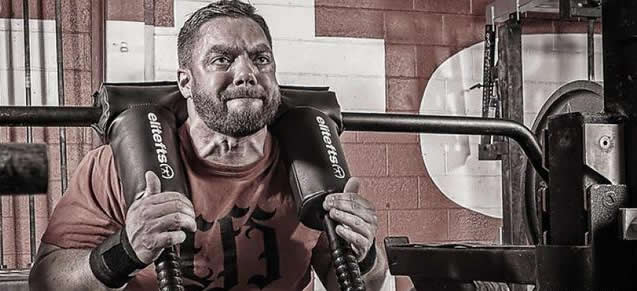
2. Don't relax the whole way
make sure you lower backwards rather than downwards. Transfer a lot of tension to the thigh muscles and the box is meant to be supported in the movement, not used as a bench.
3. Don't stop or bounce off the box
finally, we also need to look at the borrowed force that may be created in this movement. As with the traditional squat, it's easy to get through a movement at a fast pace, remember to keep each movement slow and well paced to get the perfect contraction and avoid risk. Don't rely on the box bounce, lower slowly, touch the box, hold for a second, then stand up.
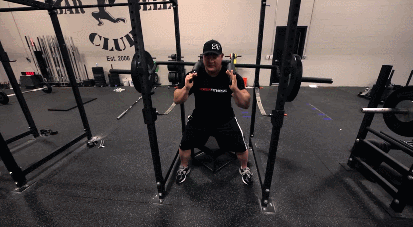
these are the things you need to know in order to master the box squat. The box squat definitely has the potential to be one of the best compound movements, again it is one of the harder movements and will take some time to master. The higher the weight, the higher the chance of making a mistake is likely to be.

